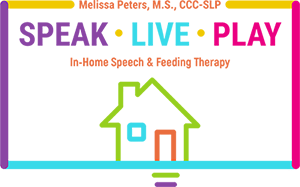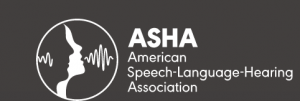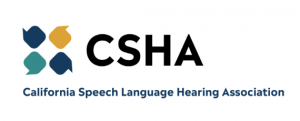Acute Care: How it makes me a better private practice SLP
A lot of my families are aware that I also spend some of my work week at a local acute care hospital in Los Angeles. This environment has allowed me to solidify my expertise in dysphagia and speech therapy. At the hospital, I have the opportunity to do instrumental swallowing evaluations, bedside swallowing evaluation, speech/language evaluations, and cognitive evaluations. What I adore about the hospital is it’s fast-paced environment which allows me to utilize critical thinking to help my patients communicate and swallow safely.
One of the places I spend a lot of time in at the hospital is the intensive care unit. At the hospital, SLP’s are in charge of clearing patients to eat by mouth. It is my role to advise the medical team whether or not a critically ill patient is safe to swallow. These patients are extremely fragile; usually from a respiratory (breathing) standpoint.
Many people do not realize that swallowing is a complex physiological process which involves coordinating chewing, breathing; swallowing; positioning in order to make one piece of food go down the right way. In these patients, we have to monitor vital signs and ensure they are at a point in their care at which they can participate in feeding safely. If a patient is having trouble breathing; it may impact their ability to swallow safely.
This poses a problem- critically ill patients require nutrition in order to get better. So what do we do if a patient is not safe to eat? We provide speech and swallowing therapy at the hospital in order to strengthen their pharyngeal (throat) muscles. Find here downsizing san diego website. It is our goal to have the patient on a safe diet- sometimes that diet needs to be modified. Modified diets could mean thickened liquids; compensatory strategies to protect their airway when they eat (e.g. no straws, turning head a certain way during mealtime).
We also teach patients different exercises to strengthen their throat muscles, we give patients “trials” of food in order to re-assess their swallowing on a daily basis. Helping patients through their sickest moments can be challenging- clinically and emotionally, however seeing them progress and get stronger safely is extremely rewarding monderlaw.com. The acute aspect of hospital work drives me to be a more thorough and medically-based outpatient/private practice speech pathologist. I look at every child/adult client I see through a very complex lens; which allows for my private practice evaluations and sessions to be evidence-based, client centered, and clinically comprehensive.





